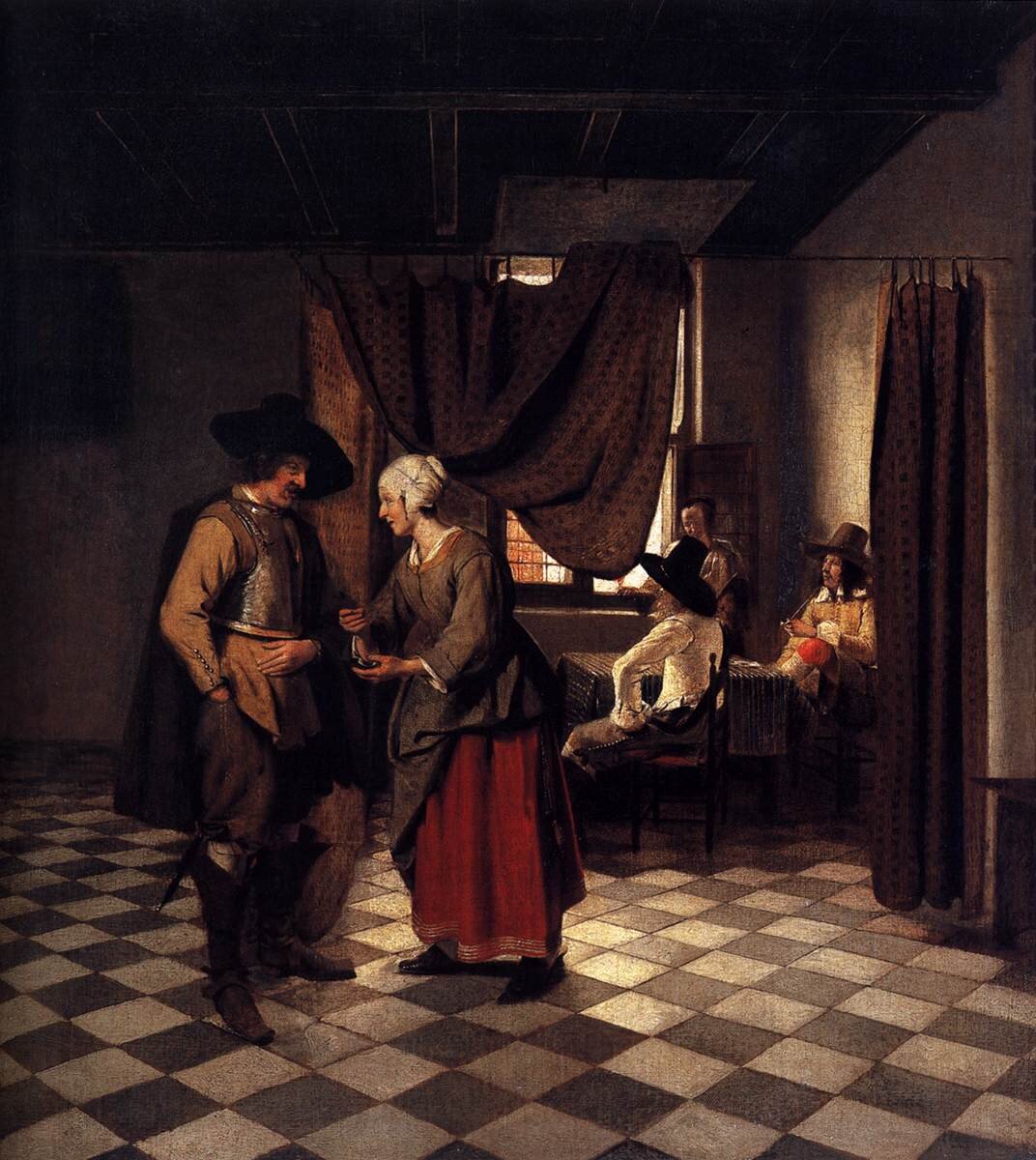The Cost of Living

In King Lear, Shakespeare famously wrote that "man's life is cheap as beast's." This phrase has since become among of the most well-known proverbs in modern English, but in my experience most physicians will disagree with it.
In King Lear, Shakespeare famously wrote that "man's life is cheap as beast's." This phrase has since become among of the most well-known proverbs in modern English, but in my experience most physicians will disagree with it. As Terry Pratchett rather less famously but perhaps more accurately wrote when describing the worst neighbourhood of a rough city, "life was often very expensive; you could get death for free." It's just as true if life depends on paying for health care.
Within a few days of being born, I stopped feeding. The doctors' efforts to figure out why soon led to me being diagnosed with a rare genetic disorder (I won't bore you with the details; suffice it to say the disease isn't listed in Insults & Injuries), and the only treatment for it was two rather complicated surgeries. Without these surgeries... well, technically, only without the first surgery, but the second was important too... death was a certainty within a week or so. Obviously, I received the correct treatment, went on to live an absurd but basically normal life, and several decades later, am happy, healthy, and practicing medicine myself. Here's the thing, though: I had the good fortune to be born in Canada, which means that my neonatal stay in the intensive care unit, my surgeries, and my years of follow-up by various specialists were all paid for by the government. My parents weren't rich, and if not for socialized health care, they would have had a very difficult time paying for it all. They would have found a way, but it would have essentially wiped them out, financially, and it certainly would have changed the course of my life. None of this is meant to argue the benefits of socialized versus privatized health care, although I obviously have my bias about that, but simply to point out a reality: medicine is expensive, and has been for most of human history. This is as true in medieval fantasy as it is in the modern world.
Let's say that you're a wood-cutter. We'll be generous and say that you're particularly good at what you do, to the point that you qualify as a "trained hireling." According to the Wizards of the Coast and the Pathfinder SRDs, you earn 3 silver pieces per day or 0.3 of one gold piece. One day, you're out in the woods and you're set upon by a lone goblin, or you slip on a downswing and cut yourself with your axe, or you otherwise sustain some small, uncomplicated injury. You hobble back to town for healing and head to the local lawful good cleric. There, you can get your wound closed in an instant and be back at work by lunchtime, which is a pretty good deal. According to both SRDs, your bill for a Cure Light Wounds spell comes to ten gold pieces, assuming you get it cast by the lowest-ranking, least-proficient caster available. You're fit and whole, but it will take you thirty-four days of work to pay off your bill, assuming that every copper you earn goes towards that, as opposed to food or something.
Another example. Let's up the numbers a bit. You're a successful scribe, and one night, your child comes down with a fever. In this case, you still have an income of 3 silver per day (in the Pathfinder SRD, a full gold piece per day), but now you need someone to cast Remove Disease, and that's going to cost you, at minimum, 150 gold. If you live in Absalom, that spell just used up about 40% of your annual salary. If you live in Waterdeep, paying off that debt will take you close to a year and a half.
Why is magical healing so expensive? I suppose that part of it is the time and training required to get good at it. A 1st level cleric is the next best thing to untrained labour, but still commands high prices because they offer a scarce resource; after all, each acolyte can presumably only cast between two and six meaningful healing spells per day, and based on my experiences working in an emergency department, their spells would be used up before the end of their 8-hour shift. The higher ranking healers are higher level, which presumably means they were either an adventurer, and went up levels quickly at risk to life and limb, or went up slowly through years of hard work and low-experience rewards. Doctors like me charge exorbitant costs because of our many years of hard training, a tenth-level cleric probably uses much the same logic.
Of course, you don't necessarily need magical healing. According to the Pathfinder SRD, a non-magical doctor will cost you only one gold piece per visit. This gold buys you a consultation with someone who has between a +6 and +10 on their heal check. If anything, this is probably overly generous for what medieval medicine was capable of, but it's a fair approximation. This healing is slower, less reliable, and is still prohibitively expensive for your average farmer, bricklayer, or shopkeeper.
I have to imagine that somewhere, there's a retired lawful evil adventurer who magically looks into future and then sells health insurance to commoners who are likely to stay healthy in the coming years.
Four years ago, Dr. Eris Lis, M.D., began writing a series of brilliant and informative posts on RPGs through the eyes of a medical professional, and this is the one that appeared here on June 2, 2013. Lis is a physician, gamer, and author of the Skirmisher Publishing LLC OGL sourcebook Insults & Injuries, which is also available for the Pathfinder RPG system.





